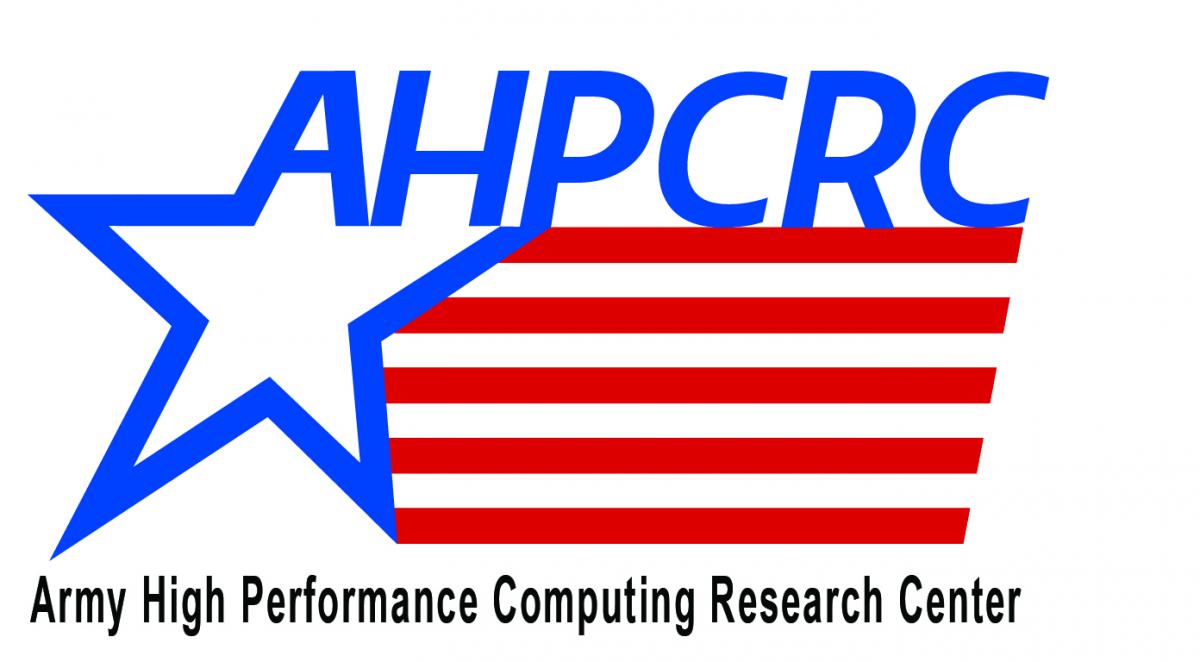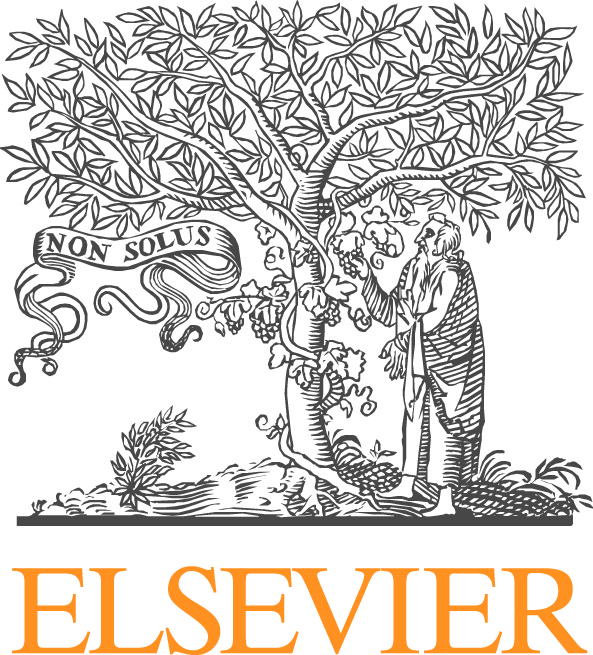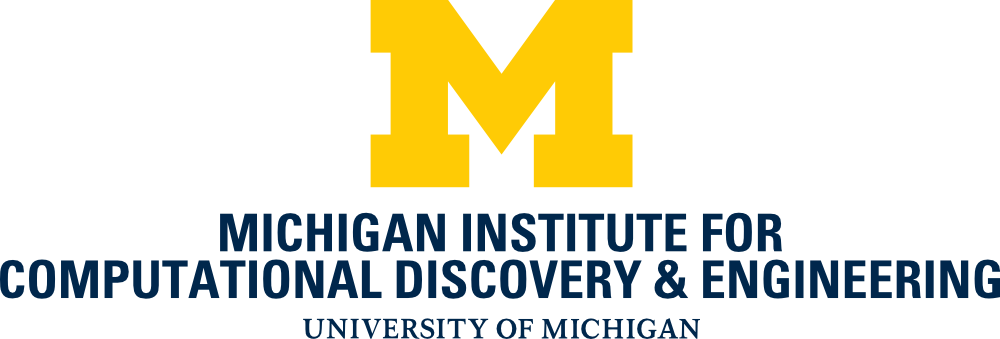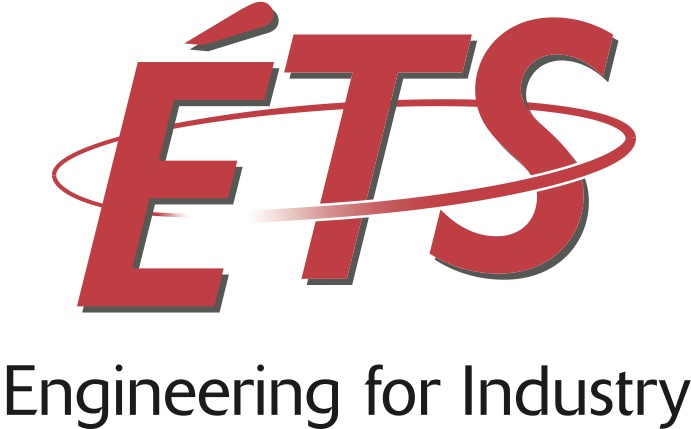Computational Bioengineering and Biomedicine
Yusheng Feng, University of Texas at San Antonio
Suvranu De, Rensselaer Polytechnic Institute
David Fuentes, UT M.D. Anderson Cancer Center
David Fuentes, UT M.D. Anderson Cancer Center
Wonmuk Hwang, Texas A&M University
Recent advance in computational bioengineering and biomedicine has dramatically changed both academic biomedical research and clinical applications. Some established computational tools are indispensable to augment experimental techniques for the analysis of complex bio-systems and assist important clinical decision-making.
With tremendous promise that computation can provide, we also face tremendous challenges in order to make the mathematical and computational models reliable and predictive. This mini-symposium aims to bring experts from academician, industry experts and clinicians to exchange ideas, discuss and formulate solutions.
Topics of interest include (but are not restricted to) the following:
• Multi-scale and multi-physics modeling in biomedical applications
• Computational models for molecular, cellular, and tissue biomechanics
• Image-based computer simulation in medical applications
• Quantitative analysis of bioimaging data
• Machine learning pattern recognition of medical imaging
• Model based imaging reconstruction
• Computational cancer simulation and treatment outcome prediction
• Network modeling for genomic regulatory and signaling transduction pathways
• Biological mass transport and heat transfer in biological and surgical applications
• Computational nanomedicine and precision medicine
• Visualization (VR-based) techniques of surgical simulation and medical training
• Innovative numerical techniques and algorithms with biological and biomedical applications







